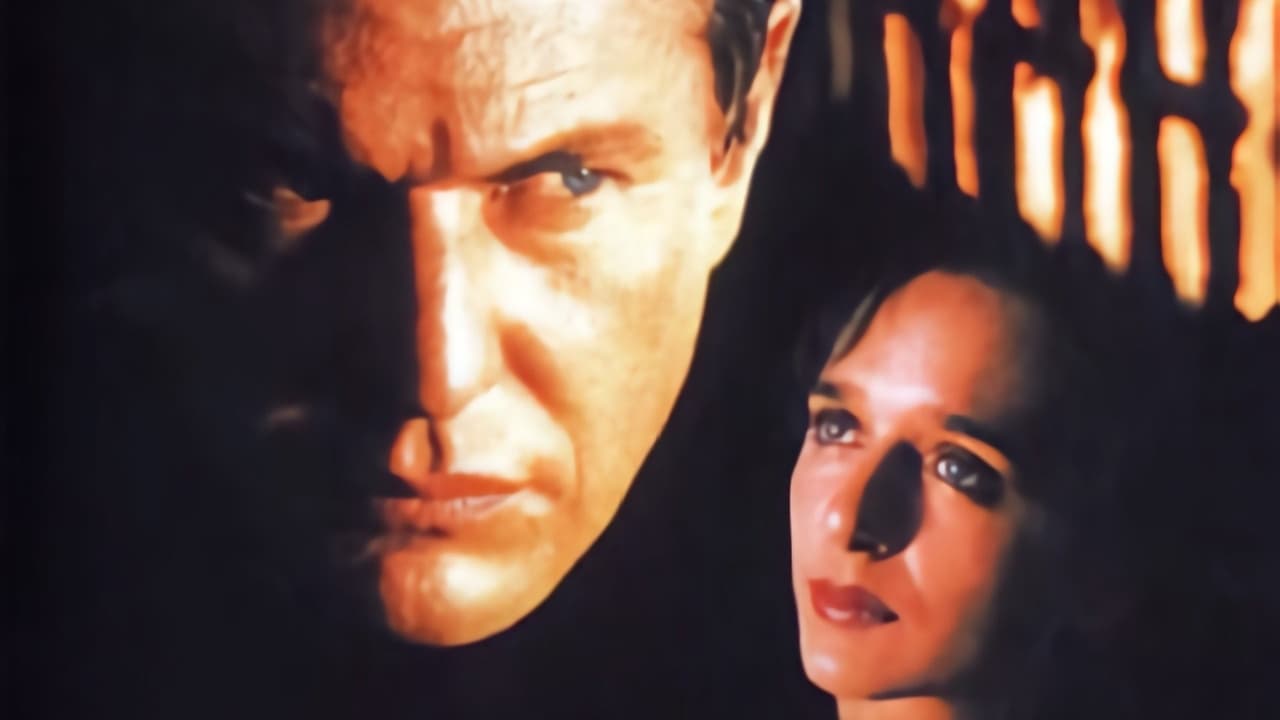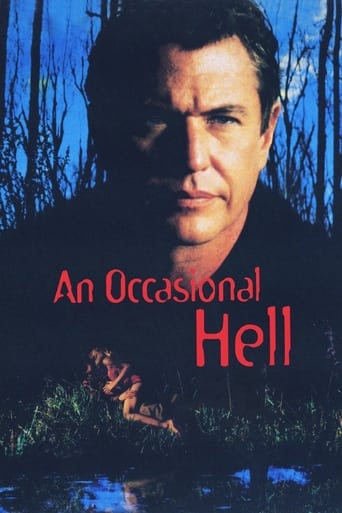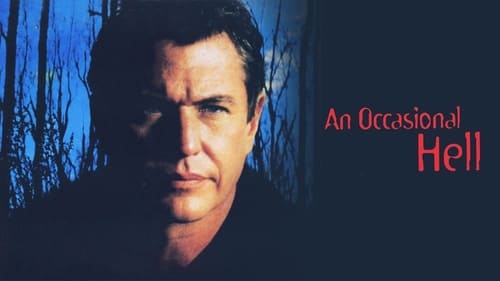




Very disappointed :(
SERIOUSLY. This is what the crap Hollywood still puts out?
View MoreBetter Late Then Never
A movie that not only functions as a solid scarefest but a razor-sharp satire.
View Morefilm is aptly named because once in a while you come across a film which provides an occasional hell to have to watch...actually this one would be highly recommended for viewing by an arborist- wooden plot, wooden script, wooden acting, etc, etc, etc....I like tom berenger, but this is the equivalent of painting by numbers on steroids...and not even the nude scenes can help this turkey, but I can highly recommend it if you want to have a nice nap mid-movie, then wake up not feeling as though you missed anything...berenger's imaginary visits by the female missing from the crime scene are particularly annoying and ridiculous and add absolutely nothing to the plot...all in all such drivel that I was compelled to stop watching a little over halfway through, which after reading the reviews, turned out to be a wise move...the people advocating this disaster as a triumph are in need of god knows what, but taste comes forefront to my mind
View MoreTom Berenger gives a typically excellent and engaging performance as Ernest DeWalt, a retiring, laid-back and amiable former cop turned crime novelist and college professor who's asked by the fiery, enticing Elizabeth Laughton (well played by the lovely Valeria Golino) to investigate the murder of her unfaithful husband Alex (a fine Stephen Lang) and the disappearance of his sultry tramp mistress Jeri Gillen (a smoking hot Kari Wuhrer). Both DeWalt's attraction to Elizabeth and his precarious health complicate things to a substantial degree. Director Salome Brezinger, working from an absorbing script by Randall Silvis, wrings plenty of tension from the gripping story and adroitly creates a pungent, vivid and sweltering downhome Southern atmosphere. A top-notch supporting cast qualifies as another major asset: Robert Davi as a compassionate detective, Richard Edson as a sleazy whitetrash druggie, Geoffrey Lewis as a bumbling oaf, and Ellen Greene as a sassy diner waitress. As an added bonus, both Wuhrer and Golino take their clothes off. Anton Sanko's flavorsome, harmonic country score and Mauro Fiore's bright, pretty cinematography further enhance the overall sound quality of this nifty little winner.
View MoreThis will be a "Why" review which will then provide some "Answers". Why: does the college teacher teach a class from an elevated proscenium stage? Answer: The location manager of the film forgot to book a classroom on the day the scene was to be shot. College graciously allowed them to use their theater for a couple of hours. Why: are some of the students in their thirties? A: The "main" student in the scene, an older man, was chosen because he's related to one of the producers. The director, seeing him at lunch with his producer friend, realizes that he will stick out like a sore thumb and therefore tells her casting person to cast most of the class with, errrrh, older actors. Why: does the Berenger character, a former cop for god's sake, act like a virginal nincompoop when he speaks to almost anyone else in the film? A: B., without a strong director, he directed himself and decided to play dumb-naive Southern. Why: does the missing waitress appear from time-to-time as a fantasy-image? A: to show audiences that the prof is a "famous writer" who desperately needs a muse......to write true crime crap yet! Why: does the scene with the muse, riding on the external front of prof's car, have the background moving backwards? A: because the director, cinematographer and script supervisor forgot or didn't know that when you have a camera axis change from scene to scene what appears forward-going will project backwards. Why: does the color of the prof's car change on a car surveillance sequence? A: See previous answer and add property master, teamster and key grip to the answer. One of these people should have caught the error Why: and how could the town's newspaper know, the day after the murder, that "the waitress" was in the car with the victim? No one saw them together. A: a thing like this will happen to a hack writer grinding out a script under time pressure. Why: does the prof. keep injecting a yellowish fluid into his arm? A: Maybe his body doesn't provide enough urine for his every six hour evacuations and so he has to add it to his system. Why: didn't the savvy ex-cop, investigating a missing person who was present at a murder, make the connection that a huge hole being dug by two retards (set in the South so of course common folk are all perverted, repressed morons) near the site of the crime scene take days if not weeks to think that it might be a place to bury another murder victim. (This burial site is next to the murderer's house which is located near huge swamps which would be perfect to get rid of a body; oh the inbreeding that takes place Down South and the damage to the intellect!.) Much, much more but only time for one more Why. Why was this movie made? A: They thought with Berenger in it they could market it into profitability. As if that would be enough given the illogical script they were planning on filming. Too, he probably got more money than they wanted to spend and started cutting costs in many ways that unfortunately turned up on the screen.
View More"An Occasional Hell" is a low point in Tom Berenger's career. His acting in this picture is so lifeless that when people refuse to tell him what they know about the case he's investigating, he looks as if he's about to say "Fine, what do I care anyway?". The script is so slow-moving that at times it doesn't seem to be moving at all, and the direction is so pedestrian that, without the brief flashes of nudity, this could easily pass off as a TV movie. Apparently everyone associated with this movie was just too tired to even try making something good out of it. Everyone, that is, except Kari Wuhrer, who is incredibly sexy as always, and gives the film its only spark; sadly, her role is all-too-brief. (*1/2)
View More